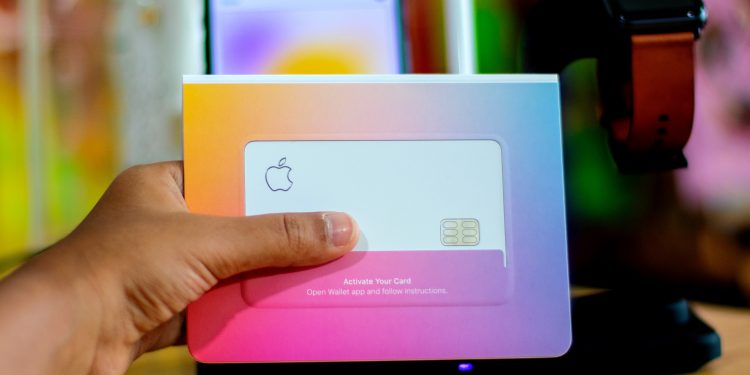Two Asian news items stand out in today’s news, as part of the media flurry on the Apple credit card. One talks about how the Apple Card will be an unlikely launch in Korea. The other covers how Japan will soon integrate rewards in real-time billing to offset consumer expenses.
First, Korea.
This article in The Korean Times, a well-respected news source, answers the question “Will Apple Card Be Available in Korea?” The short answer is no.
However, the long answer is interesting.
- Apple Card, a virtual credit card the tech firm released in the United States on Aug. 20, has drawn attention from Korean iPhone users, who have been marginalized from mobile payment systems using other smartphone brands.
- Through its partnership with Goldman Sachs and Mastercard, Apple’s new credit card has no annual, over-limit, late or foreign exchange fees.
- Because of the distinctive features, Korean Apple customers have been eager for the company to release the credit card here, although the company has yet to come up with any plans to offer the card outside the U.S.
The teaser here is simple:
- News that Apple applied for trademark registration of Apple Card in Korea raised their hopes.
But in Samsung land, life will not be easy for Apple.
- The release of Apple Card, however, is still facing several hurdles here.
- The card should be used with Apple Pay, the company’s mobile payment and digital wallet service which has yet to become available in Korea.
- The payment system is unusable in Korea, because most merchants here use payment terminals for integrated circuit (IC) cards, not those based on near-field communication (NFC) technology that Apple Pay uses.
- Samsung Pay has been available in Korea, because it uses both NFC and magnetic secure transmission (MST), allowing the payment service to work with older terminals.
Now, for all you QR Code followers, here’s an example of why QR acceptance is blowing away NFC acceptance outside the U.S. and other mature markets:
- In Korea, only 30,000 among 2.8 million merchants affiliated with card issuers support NFC-based payments.
And, the reason…
- Local card firms have remained reluctant to install NFC-based terminals, as it costs at least 150,000 won ($123) per terminal.
So, as Apple falls back on the payment card when the device does not work outside the U.S., the Korean use-case suggests an alternative:
- “Apple Card may be an attractive product for Apple customers, but it will have a limited impact on the entire credit card market,” Credit Finance Association researcher Jang Myung-hyun said in his report.
- “A number of card products have already offered benefits that are similar or superior to those Apple Card will offer. Also, products of its rivals, including Samsung Electronics are equipped with similar mobile payment systems.”
Six hundred miles away, in Japan, The Japan Times reports a new spin on rewards that may trump Apple’s instant reward scheme: Crediting back rewards during the statement process to offset new consumption tax increases. This is a great idea and makes the value-added tax more plausible.
- Major credit card companies are considering deducting points earned during purchases from the balance requiring payment, under a government rebate program intended to cushion the impact of the consumption tax hike planned for October, it was learned Tuesday.
- Observers have suggested such a move would be more understandable and satisfying for users than giving them shopping points to use at a later date in order to lessen the burden of the tax rate hike to 10 percent from 8 percent.
- The firms considering the measure are JCB Co., Sumitomo Mitsui Card Co., Credit Saison Co., UC Card Co. and Aeon Financial Service Co.
As part of the taxation strategy, small merchants get large credits; large merchants get small credits. The logic is that large merchants are already on the tax base.
- If a person buys items worth ¥10,000 at a small local shop using a credit card provided by the companies in October or later, they will have to pay ¥11,000 with the tax included. When charging the user, the credit card firm will deduct ¥550, or 5 percent of the total payment, and only ¥10,450 will be withdrawn from the person’s bank account.
- Mitsubishi UFJ Nicos Co. also plans to introduce such a discount for its MUFG Card, one of its three credit card brands. For the other two brands, DC Card and Nicos Card, applying such a measure would be difficult due to system-related issues, so shopping points will be given to users after the payment is settled, according to Mitsubishi UFJ Nicos employees.
The takeaway: The Apple Card has some neat features, but they won’t necessarily work as well globally.
At least today, you’ll need your American Express Card, or, Bank of America, Chase, Citi, or U.S. Bank Mastercard or Visa, or perhaps your Discover Card with its many bilateral arrangements.
Overview by Brian Riley, Director, Credit Advisory Service at Mercator Advisory Group











